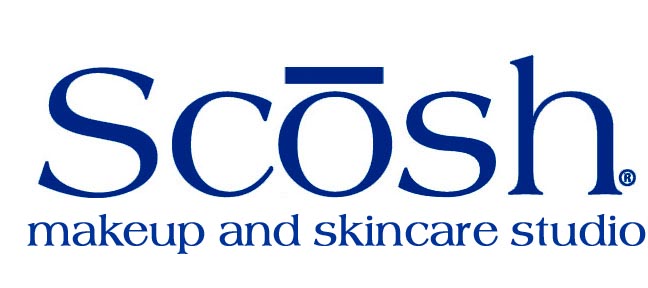Page 2045, SEC. 9017. EXCISE TAX ON ELECTIVE COSMETIC MEDICAL PROCEDURES. IRS Publication 502, "any procedure that is directed at improving the patient's appearance and does not meaningfully promote the proper function of the body or prevent or treat illness or diseases."
Did you know that the Senate’s Health Care bill had a proposed 5% tax on elective cosmetic surgery? Fillers, implants, reconstructions, teeth whitening and other aesthetic procedures. Dubbed the "Botax" on Capitol Hill, the tax on elective cosmetic surgery first appeared in November, compliments of Sen. Harry Reid, D. Nev. Estimations were that the tax would raise approximately $5.8 billion over 10 years. After a lobbying campaign by plastic surgeons, the AMA, and Allergan, Senate Democrats pulled it from the bill.
Caroline Van Hove, an Allergan spokeswoman, said the tax was discriminatory toward women and that it did nothing to reduce health care costs. "These are elective procedures that middle-class women are paying for out of their own pockets," she said.
While this tax may not have been on your radar, you should consider this - New Jersey adopted a 6% tax on elective medical procedures in 2004, and since the election of the tax the NJ Department of Taxation has experienced a 59% shortfall based on projected revenue estimates. In fact, the original sponsor of the 2004 bill, New Jersey Assemblyman Joseph Cryan, is leading efforts to repeal the tax.
In place of the “Botax”, a trip to the tanning salon would cost 10% more with the Tanning Bed tax, slated to start in July. Reid spokesperson Jim Manley cited studies linking tanning bed use to skin cancer and other risks. HOWEVER, the proposals don't call for a direct allocation of funds to skin cancer prevention.
Skin cancer is the most frequently diagnosed cancer in the United States, accounting for more than 1 million new cases annually and costing billions of dollars to detect and treat. The American Cancer Society estimates that skin cancer is also responsible for approximately 12,000 US deaths annually
Just this past July, the World Health Organization's International Agency for Research on Cancer confirmed that artificial tanning devices, similar to excessive sun exposure and cigarette smoking, belong in the highest category of potential cancer risk, "carcinogenic to humans."
As much as I personally and professionally detest tanning of any kind, I am worried that this is a slippery slope. Where will the service tax end? Can we really afford this type of tax? What about your other service related industries – hair, nails, massages, facials, and the pool boy? This is just wrong on so many levels.

No comments:
Post a Comment